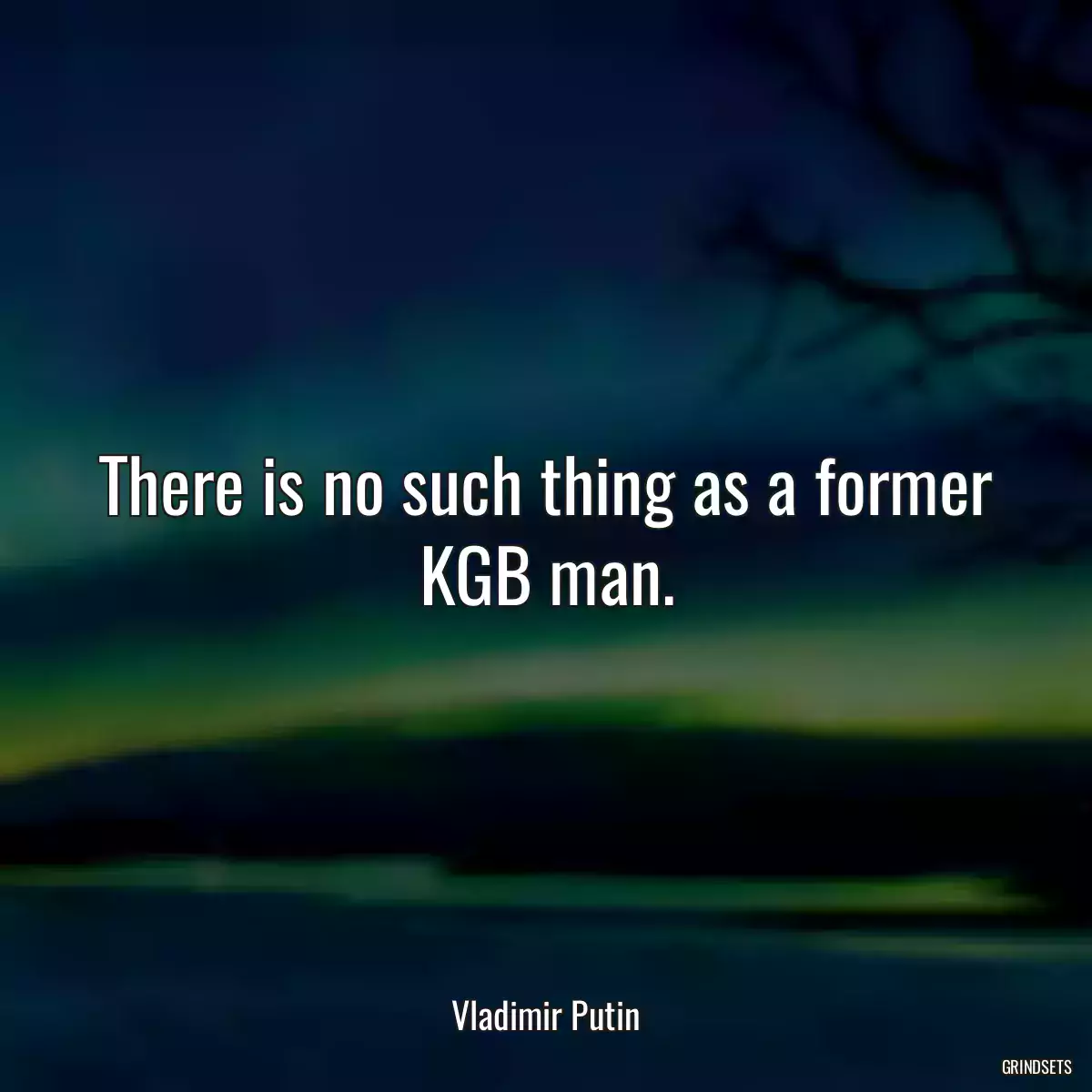
Quotes Vladimir Putin
Find dozens of Vladimir Putin with images to copy and share.

We [with Shindzo Abe] should understand that the results of that terrible tragedy of the 20th century, namely World War II, are enshrined in corresponding international documents, and finding a way to settle all disputes without destroying the entire foundation of international law that evolved as a result of World War II is a highly delicate task. Therefore, I would like to reiterate that we cannot second-guess the course, let alone the outcome of our negotiations.
I believe that the 21st century economy is an economy of people, not of factories. The intellectual factor has become increasingly important in the economy, which is why we are planning to focus on providing additional opportunities for people to realise their potential.
I was brought up in a very ordinary family, in fact, a worker's family. Both my father and mother were ordinary citizens.
You may also like
I would prefer to abandon the terminology of the past. 'Superpower' is something which we used during the cold war time. Why use it now?
Russia is opposed to the proliferation of mass destruction weapons, including nuclear weapons, and in this context we call upon our Iranian friends to abandon the uranium enrichment programme.
But if the U.S. were to leave now and abandon Iraq without establishing the grounds for a united country, that would definitely be a second mistake.
My family suffered very major losses during the Second World War, that's true. In my father's family, there were five brothers. I think four of them died. On my mother's side the picture was pretty much the same. Russia has suffered great losses. And of course we can't forget that.
I am in regular contact with Prime Minister [Shinzo] Abe. We have met several times this year [2016].
![I have been to Tokyo and several other cities, but I have never been to Yamaguchi Prefecture. I wonder what it is like, what interesting things it has to offer. I am sure that Prime Minister [ Shinzō] Abe will tell me all about it.](/fotos/c1/c1898675cd8204e7bb265ad8decca404.webp)
I hope that being in places from the [Shinzo Abe] Prime Minister's past will motivate us to have a sincere, very practical and, I hope, productive conversation.
I only had a telephone conversation with [Donald Trump], whereas [Shinzō ] Abe met with him in person.
I think Shidzo Abe's proposal may be the only way to achieving our goal.
If we act together along these lines, we will create conditions, the conditions for trust that Shinzō Abe speaks about, so as to take another step and conclude a peace treaty on certain terms. However, first, it is essential to cover this part of the way and then agree on the terms for signing a peace treaty. Both are challenging tasks but they are feasible.
The Prime Minister [Shinzō Abe] also highlighted the need to address general humanitarian issues. We already mentioned one of these issues: visa-free travel by Japanese citizens to the South Kuril Islands.
The Prime Minister [Shinzō Abe] proposed advancing to a new level of economic engagement, putting forward eight lines of cooperation in the most important and interesting areas both for Russia and for Japan.
There is progress in the sense that the Prime Minister [Shinzō Abe] has proposed, outlined, as it were, directions for movement toward a peace treaty and the resolution of issues related to territorial problems. Now, what did he propose? He proposed promoting an environment of trust and cooperation. I believe it is even hard to imagine that it can be any different, that we can agree to sign the documents that we are talking about without trusting each other or without cooperation. That is simply impossible even to imagine.
As regards humanitarian issues and how to handle them, that was the Prime Minister's [Shinzō Abe] initiative. He brought the matter up at our last meeting in Lima and asked me straightforwardly whether we would agree to let Japanese citizens travel on a visa-free basis, resolve the issue in such a way as to enable them to visit the South Kurils, visit their native areas. I said at once that it was quite possible.
You may also like
![This is the large range of issues we have to discuss [with Shinzō Abe] and make a decision on each one of them. Look, after the resumption of the negotiating process in 2000, we did not refuse to consistently work toward signing this peace treaty.](/fotos/f7/f7cfa8780f43a33e8c7cb304363bbe08.webp)
Prime Minister [Shinzō Abe] and I have spoken a lot, and we said all the right things, in my opinion, about creating an atmosphere of trust and friendship between our nations and peoples.